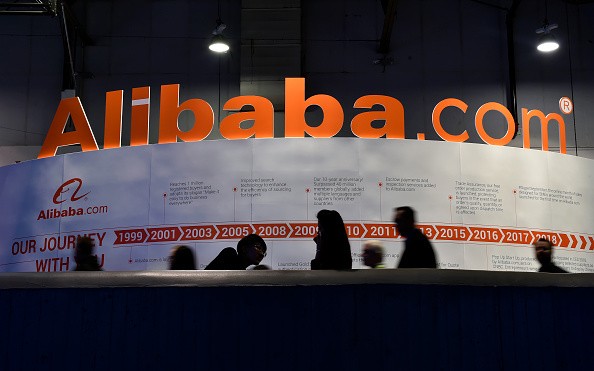
Alibaba is China's most famous tech business, but now it faces an existential crisis that threatens to change it fundamentally forever.
Alibaba Faces Existential Crisis
As part of a growing crackdown on every tech industry, Chinese authorities are investigating the company on antitrust grounds while also forcing its sprawling financial subsidiary, Ant Group, to overhaul its business.
READ: Next COVID-19 Vaccines Should Be Accessible to 65 and Above, Says Operation Warp Speed Participants
Although the Trump administration has backed off a threat to block American investment in Alibaba and two other leading Chinese technology companies, tensions between the US and China are unlikely to vanish anytime soon.
The group's figurehead, co-founder, and former Chairman and CEO, Jack Ma, has been out of public view in the middle of it all for months.
President Xi Jinping is encouraging officials to reel in the world's technology champions while facing its existential crisis today. According to state news agency Xinhua, last month, he named efforts to reinforce anti-monopoly efforts against online platforms one of the most significant priorities for 2021.
The focus has been underlined by Alibaba's antitrust inquiry, leading to its existential crisis and investigations into other businesses. "Another Chinese e-commerce group, VIP Shop, reported on Thursday that authorities were also investigating it for "alleged unfair competition practices." And Alibaba's e-commerce rival Pinduoduo was caught in a public firestorm over its work culture, indicating the government is willing to stoke broader industry criticism.
The urge of Beijing to expand its control over private tech companies reaches well beyond these investigations. In recent weeks, though the crackdown has escalated, the government has been laying the groundwork for some time. Capri pointed out that, as was the case when Ant Group's Alipay partnered up with state-owned UnionPay in 2018 to build new technology, several tech companies have joined forces with state companies.
ALSO READ: Why Intel CEO Bob Swan Is Stepping down His Position; VMware CEO, Pat Gelsinger to Replace Him
Although the company of Alibaba is mainly in China, any significant shift in its activities could have global implications. Alibaba has been trading on Wall Street since 2014, when it held the record for the biggest IPO in the world. Japan's SoftBank is its major shareholder. Global investment powerhouses such as Vanguard, T. Rowe Price, and BlackRock have all bought-in.
This week, the New York Stock Exchange suspended trading in a group of Chinese companies to comply with an executive order banning Americans from investing in companies that are considered affiliated with or supportive of the Chinese military.
President Donald Trump recently signed into law new rules that might compel Chinese companies to delist from American stock exchanges if they failed to comply with US auditing requirements.
The Trump administration reportedly considered banning Americans from investing in Alibaba and other tech companies, causing their stocks to plunge last week. While Reuters and Bloomberg say that the proposal is now off the table, analysts warn that these firms might not yet be out of the woods.
"Washington's focus on these matters will continue under a Joe Biden administration," Capri said, referring to the president-elect. "Thus, even if there is a return to measured language and diplomacy, we could see more strategic decoupling from Chinese digital companies."
READ MORE: Iran's Revolutionary Guard Navy Head Sends Warning for Future Aggressors, Celebrates US Sailors Capture Anniversary
Nevertheless, Beijing allows Washington's actions to affect its decisions. The prolonged absence of co-founder Ma compounds Alibaba's problems at home and "can only undermine market confidence in the company," said Brock Silvers, Kaiyuan Capital's chief investment officer.
While Alibaba seems more likely to stay intact, the business is not resistant to the threat of regulation.
© 2025 HNGN, All rights reserved. Do not reproduce without permission.








